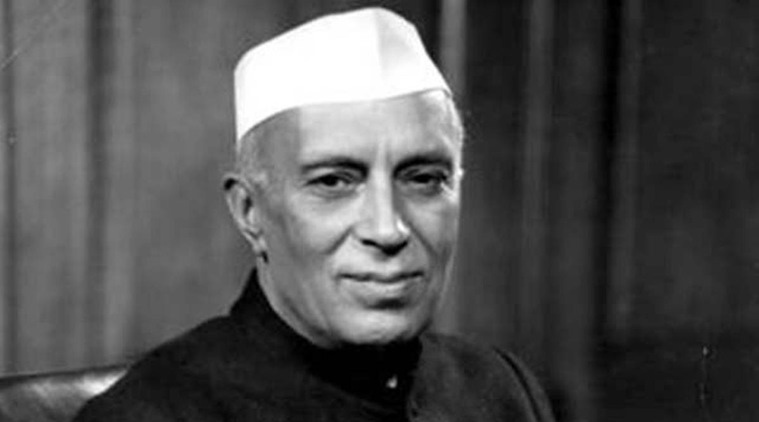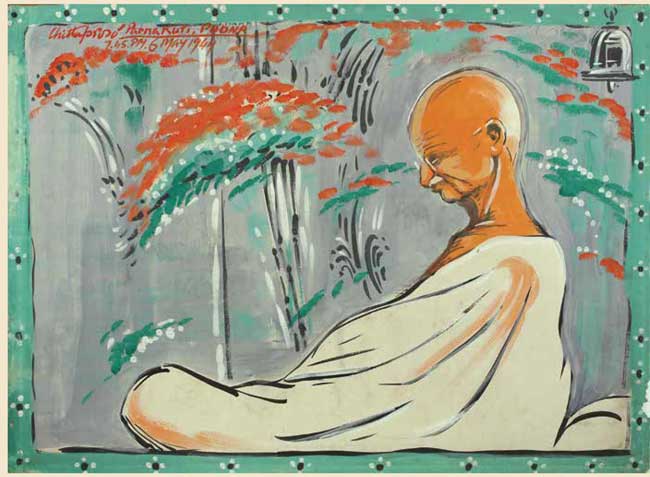To foster a better understanding of the unique lifestyle of tribal communities, Gandhi Smriti and Darshan Samiti is hosting a three-day cultural event of Adivasi communities at Gandhi Darshan opposite Raj Ghat here beginning this Wednesday.
To be attended by social activists, intelligentsia and tribals hailing from 18 States, “Adivasi Sanskriti Sangam” seeks to emphasis the point that Mahatma Gandhi was interested in promoting the Adivasi culture. And the event will also point out the fact that the simplicity that characterised Gandhiji’s life and his love for nature was similar to the Adivasi’s lifestyle. Besides a two-day cultural programme, the event features an exhibition of Adivasi crafts, “Jan Sansad” and an Adivasi march from Raj Ghat to GSDS. […]
“Close to the Gandhian world view, the event presents an alternative to the current consumerist culture. It will be an important opportunity to pay attention on present strife in tribal areas and listen to the Adivasi perspectives,” said GSDS Director Manimala at a press conference here on Monday.
Pointing out that the tribal areas of the country are passing through a difficult phase, Ms. Manimala said unbridled exploitation of natural resources and dispossession of the Adivasi communities from their natural assets and habitat has led to a long drawn strife and violence in these green and mountainous regions. “It is threatening the self-reliant and dignified lifestyle of the Adivasi communities whose co-habitation with nature has been unique all along.”
“During his life span, the Father of the Nation was aggrieved by the exploitation of tribal communities and tried his best to serve them. Sending Takkar Bappa, a social worker, to work for uplift of tribal people was a case in point,” said a senior representative from GSDS.
Since Independence, the lot of Adivasi has been exacerbating and it has now come to the stage when their identity is in danger. “So the event will give the voiceless tribal folks an opportunity to make their voice heard. […]
Source: “Bid to give voiceless tribals a chance to have themselves heard”, The Hindu, 22 November 2011
Address : https://www.thehindu.com/todays-paper/tp-national/tp-newdelhi/article2648640.ece
Date Visited: 28 November 2020
[Bold typeface added above for emphasis]
More about Takkar Bappa and the Gandhi Smriti and Darshan Samiti >>
“The slogan today is no longer merely ‘Asia for the Asians’ or ‘Africa for the Africans’ but the unity of all the oppressed races of the earth.” – Mahatma Gandhi addressing two stalwarts of the struggle struggle in South Africa against apartheid), quoted by Vinay Lal in The Solidarity of Oppressed Peoples: A Tribute to E S Reddy, Anti-Apartheid Activist >>
Truth (Satya) implies Love, and Firmness (Agraha) engenders and therefore serves as a synonym for force … that is to say, the Force which is born of Truth and Love or Non-violence.
Mahatma Gandhi on Civil Disobedience and Satyagraha in The Essential Gandhi: His Life, Work, and Ideas >>

Photo © Indian Express

Gandhian social movement | Constitution | Adverse inclusion >>
Learn more
Books on tribal culture and related resources
Constitution and Supreme Court
eJournals, eBooks & reports | eLearning | Background guide for education
Forest Rights Act (FRA) | Illegal mining
Information provided by Indian government agencies and other organizations (FAQ)
Languages and linguistic heritage
Multilingual education is a pillar of intergenerational learning – Unesco
Particularly vulnerable tribal group
Scheduled Tribes under the Constitution of India: Literacy rates and characteristics
Unesco | Unicef | Unicef India | United Nations
United Nations International Days and Weeks
United Nations Permanent Forum on Indigenous Issues
Video | “Nations don’t make us human – languages make us human”: Ganesh Devy